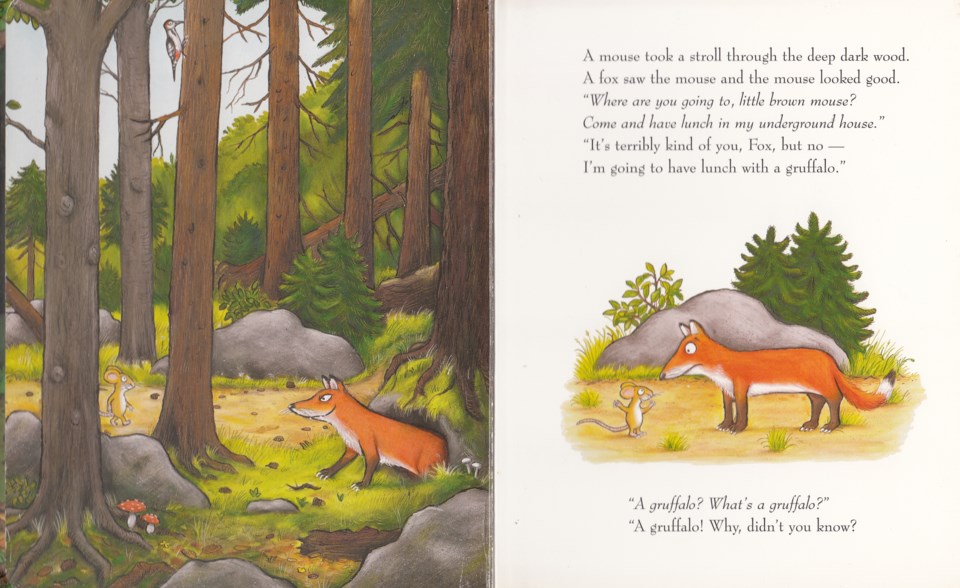They can be very small or very large or somewhere in between. They can tinkle like a bell or boom like a drum. They can glide over our tongues like honey or tie it up in knots. What are they?
They’re words! And we’re in danger of losing more and more of them. You probably know that animal species are going extinct at a mind-boggling speed. Plant species, too. And minerals ... okay, I included mineral in the title only because it’s part of that famous line from the parlor game, Twenty Questions.
Seven years ago Robert Macfarlane published the beautifully illustrated book The Lost Words in reaction to the Oxford Junior Dictionary’s discarding of nature words in its 2007 and 2012 editions. But it’s not only words pertaining to the natural world that are threatened (they’re threatened because if we don’t have a word for something we stop noticing it), it’s any and all words as building blocks of our language.
Texting could be the principal culprit that started the downward spiral of words and language. Text messaging was invented in 1984, and nine years later Nokia launched a mobile phone that made it possible to send and receive texts. Although the telegraph is the nineteenth-century precursor of today’s texting, it was used in a more limited way and for different purposes. It did not cheat people of words and language. Communication via complete words and full sentences thrived. Letters, great letters, continued to be written.
Although I don’t have a mobile phone, I admit to resorting to a kind of texting shorthand in the subject line of emails sent to wish ‘Happy Birthday’ (HB) or to say ‘Thank you’ (TY). And my university lecture notes are peppered with ‘yr’ (year), ‘gdn’ (garden), ‘ptg’ (painting), ‘drwg’ (drawing). But this tendency to abbreviate has never affected my respect for words and language. The fact that I learned to read and write long before I was exposed to texting or abbreviations may have played a role.
I believe that if children can be spared the dire consequences of culled language, emaciated words and other ‘lingatrocities’ they have a better chance of growing up to love words, to become articulate, even eloquent, and to want to be creative with words. The American author and artist Sandra Boynton was interviewed on PBS Newshour a few weeks ago. She spoke about her books for toddlers. She doesn’t use a simplified vocabulary, she doesn’t talk down to children. She maintains that “all words are new to children. They should be percussive and they should be interesting and they should be intriguing.” They should also be fun for the person reading the book aloud to the toddler. Boynton’s words rhyme, and with rhyming comes rhythm (Richmond Library has her books).
Another of my favourite children’s authors, to whom I was introduced by the grandchildren of my landlady in Florence, is Julia Donaldson, from Britain. Her books are for a slightly older audience but the creative spirit behind them is similar. They’re written in verse, and the verses have a bouncy beat. Reading them lets you feel waves of sound gently washing over you.
Does anybody feel like joining me in the movement to ‘Save Our Words’ aka SOW?
Sabine Eiche is a local writer and art historian with a PhD from Princeton University. She is passionately involved in preserving the environment and protecting nature. Her columns deal with a broad range of topics and often include the etymology of words in order to shed extra light on the subject.
Got an opinion on this story or any others in Richmond? Send us a letter or email your thoughts or story tips to [email protected]. To stay updated on Richmond news, sign up for our daily headline newsletter. Words missing in article? Your adblocker might be preventing hyperlinked text from appearing.



